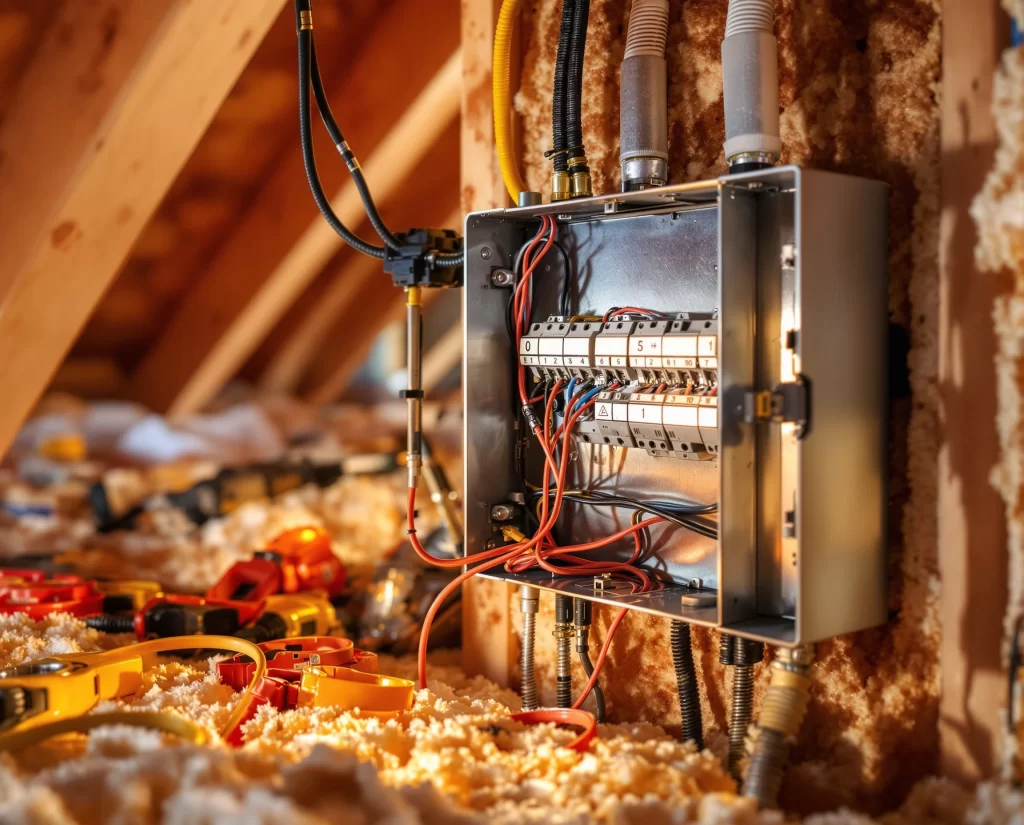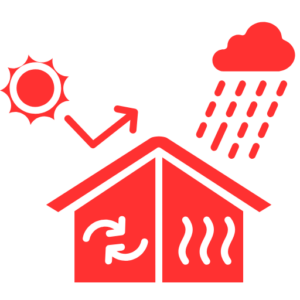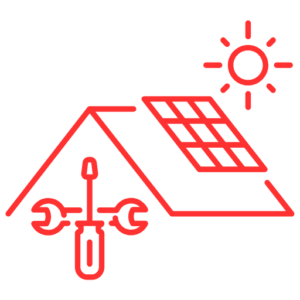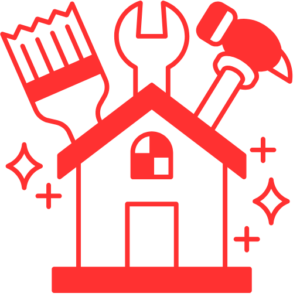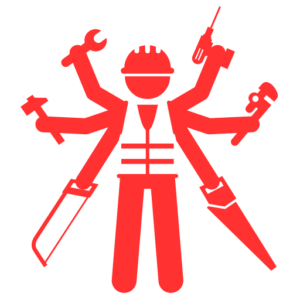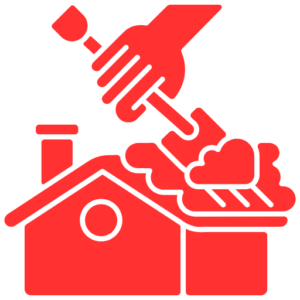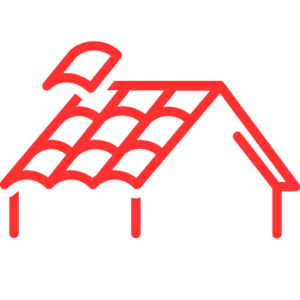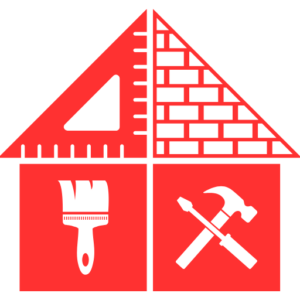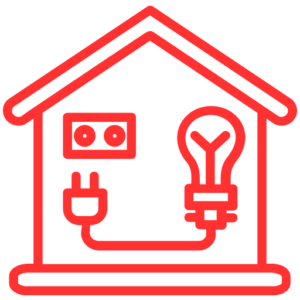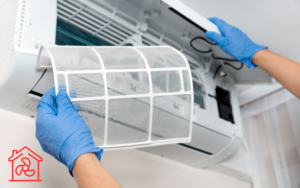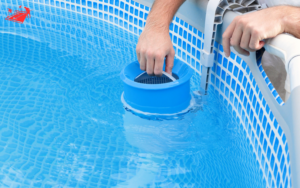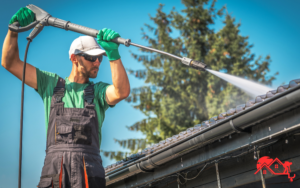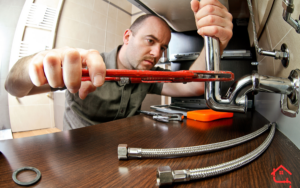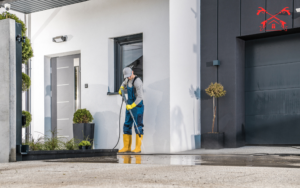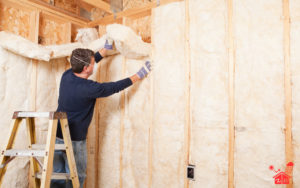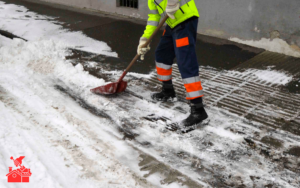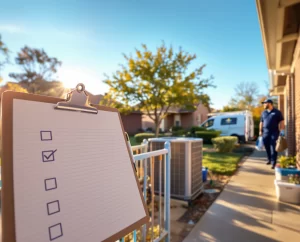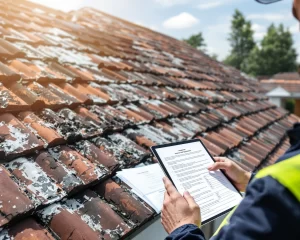Welcome! If you're like me, you may have wondered about the mysterious electrical junction box lurking in your attic. Understanding its role is crucial for maintaining the safety and efficiency of my home's electrical system. Here, I'll break down everything I need to know about electrical junction boxes in attics, ensuring I'm informed and ready to take action when necessary.
What is an Electrical Junction Box?
An electrical junction box is designed to house electrical connections, protecting them from dust, moisture, and potential damage. It's an essential component that helps maintain a safe and efficient electrical system in my home.
Why is My Junction Box Important?
Knowing the importance of my junction box is critical. It not only facilitates electrical connections but also prevents short circuits and electrical fires. If I didn't have it, exposed wires could create hazards.
Common Types of Junction Boxes
There are several types of junction boxes, each serving a unique purpose.
- Plastic Junction Boxes: Lightweight and resistant to corrosion.
- Metal Junction Boxes: Durable and perfect for heavy-duty applications.
- Weatherproof Junction Boxes: Ideal for outdoor use or areas exposed to moisture.
How to Identify My Junction Box
I can typically find my electrical junction box in insulated areas, often close to the ceiling in the attic. They may be flush with the wall or exposed, making them a bit tricky to spot sometimes.
Signs of a Problem with My Junction Box
I need to keep an eye out for several warning signs that indicate a problem with my junction box.
- Flickering Lights: If my lights flicker, it may indicate loose wiring.
- Burning Smell: A burning scent around my junction box is a major concern and should be addressed immediately.
- Heat: If the junction box feels warm to the touch, it may be too loaded with connections.
What to Do if I Suspect a Problem
If I notice any of these signs, I should take immediate action. Turning off the power to my home is the first step, followed by contacting a licensed electrician to assess the issue.
The Importance of Proper Installation
Proper installation of my junction box is vital for safety and functionality. An incorrectly installed box can lead to a variety of electrical issues.
DIY vs. Professional Services
- Risks of DIY: I might underestimate the complexity of electrical work. In my attempt to save money, I could end up creating dangerous situations.
- Benefits of Hiring Professionals: Professionals bring expertise that ensures safety and compliance with local codes.
Costs of Professional Installation
While I may be tempted to tackle the installation myself, hiring a professional is worth the investment. The cost usually ranges from $100 to $300, depending on the complexity of the job.
Maintenance Tips for My Junction Box
To keep my junction box functioning optimally, I should:
- Inspect Regularly: I’ll check for any loose wiring or signs of wear.
- Ensure Proper Sealing: Keeping moisture out should be a priority to avoid corrosion.
- Don’t Overload: I need to be cautious about the number of connections to prevent overheating.
Testimonials
“I feel so much safer knowing my electrical system is in expert hands. The team was professional and quick!” — Sarah K., Anaheim, CA
“I had no idea what to look for until they educated me. It made a world of difference!” — John M., Anaheim, CA
“They were incredibly thorough in their work, and I appreciate their commitment to safety!” — Emily T., Anaheim, CA
Did You Know?
Did you know that a faulty junction box can lead to fires that cause millions in damages every year? It’s surprising but emphasizes the importance of proper electrical maintenance!
TL;DR Summary
- Electrical junction boxes are crucial for safety in my home.
- Common signs of trouble include flickering lights and warmth around the box.
- It's safer and often more cost-effective to hire a professional for installation.
- Regular maintenance can extend the lifespan of my electrical system.
FAQs
1. What should I do if I find my junction box warm?
If I discover that my junction box is warm, I should immediately turn off the power to that area and contact a licensed electrician for an inspection. This could indicate an electrical problem that needs professional attention.
2. Can I install a junction box myself?
While it may be tempting to do it myself, I should consider the potential risks and complexities involved. Hiring a certified professional ensures my safety and compliance with building codes.
3. How often should I check my junction box?
It’s best to inspect my junction box at least once a year. Regular checks can help spot any potential problems early, preventing more serious issues down the line.
4. What are the signs my junction box needs replacing?
I should look for physical damage, signs of corrosion, melting, or if it feels excessively warm. Any of these signs warrant an immediate inspection by a professional.
5. How can a faulty junction box affect my home?
A faulty junction box can lead to electrical shorts, fires, and even damage to appliances or electronics. Ensuring its proper function is key to maintaining a safe home environment.


